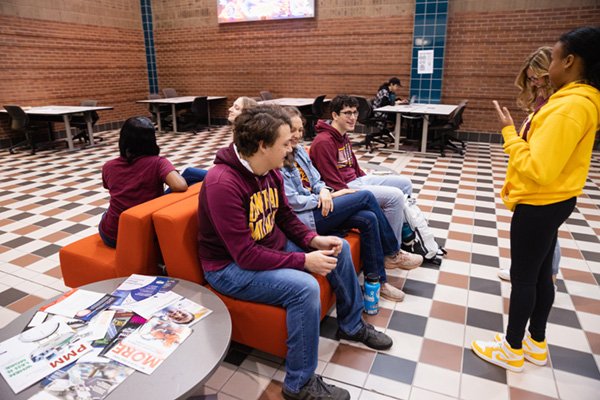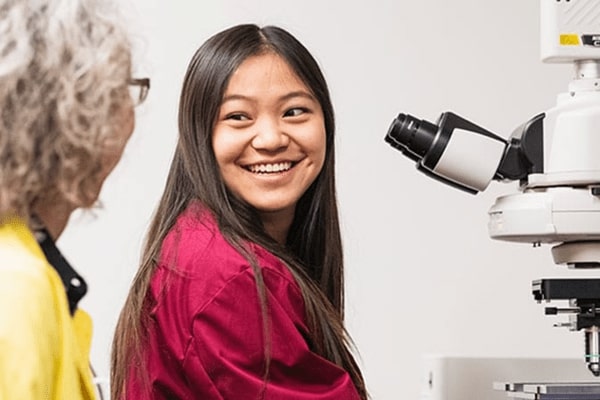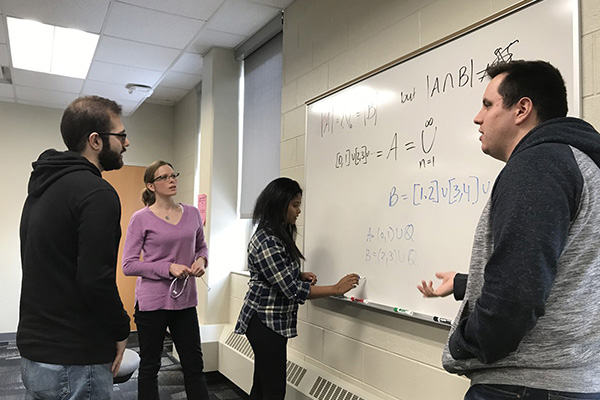Our goal is to prepare you for impactful, future-focused careers in science, technology, and engineering. We’re committed to providing high-quality academic experiences that challenge, inspire, and equip you with the skills needed to succeed both in the classroom and beyond.
Make the most of your time by exploring the many ways you can enhance your education and build career-ready experience through internships and independent study.
Internships and independent study: Build skills that matter
As part of the Environmental Science major, you’ll complete either an internship or an independent study experience. These hands-on opportunities connect classroom learning with real-world application, strengthening your problem-solving abilities, sharpening your technical expertise, and improving communication skills essential for today’s professional environments.
Eligibility
You can register for the internship course (ENS 491) or independent study course (MET 597) after completing at least three courses in your major, including two at the 300-level or higher.
Internship opportunities
We actively collaborate with organizations and agencies across Michigan to help students secure meaningful placements in government, industry, and research. These partnerships are designed to help you apply your knowledge in professional settings while making valuable connections.
Internships must be approved by a faculty advisor.
You’ll receive course credit and a final grade based on a written report and a supervisor’s evaluation.
Most internships take place over the summer and may be either paid or unpaid.
Independent study
Under the mentorship of a faculty member, you’ll conduct a focused research project that expands on your coursework. Independent study is an excellent way to explore topics that matter to you, through fieldwork, lab analysis, or data-driven investigation.
You’ll develop a final product, such as a written report, scientific poster, or formal presentation, to share your findings. Many students go on to present their work at national conferences, gaining exposure and building confidence in their scientific communication skills.
Take the next step
Whether you're interested in environmental analysis, geologic research, or atmospheric science, these experiences are key to developing a strong academic and professional foundation. Talk to your faculty advisor to learn more about how you can get involved and make your education even more meaningful.






